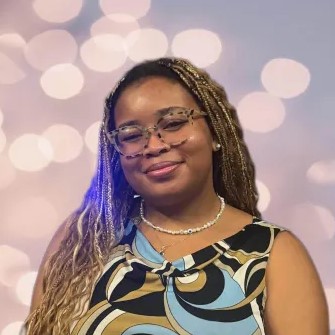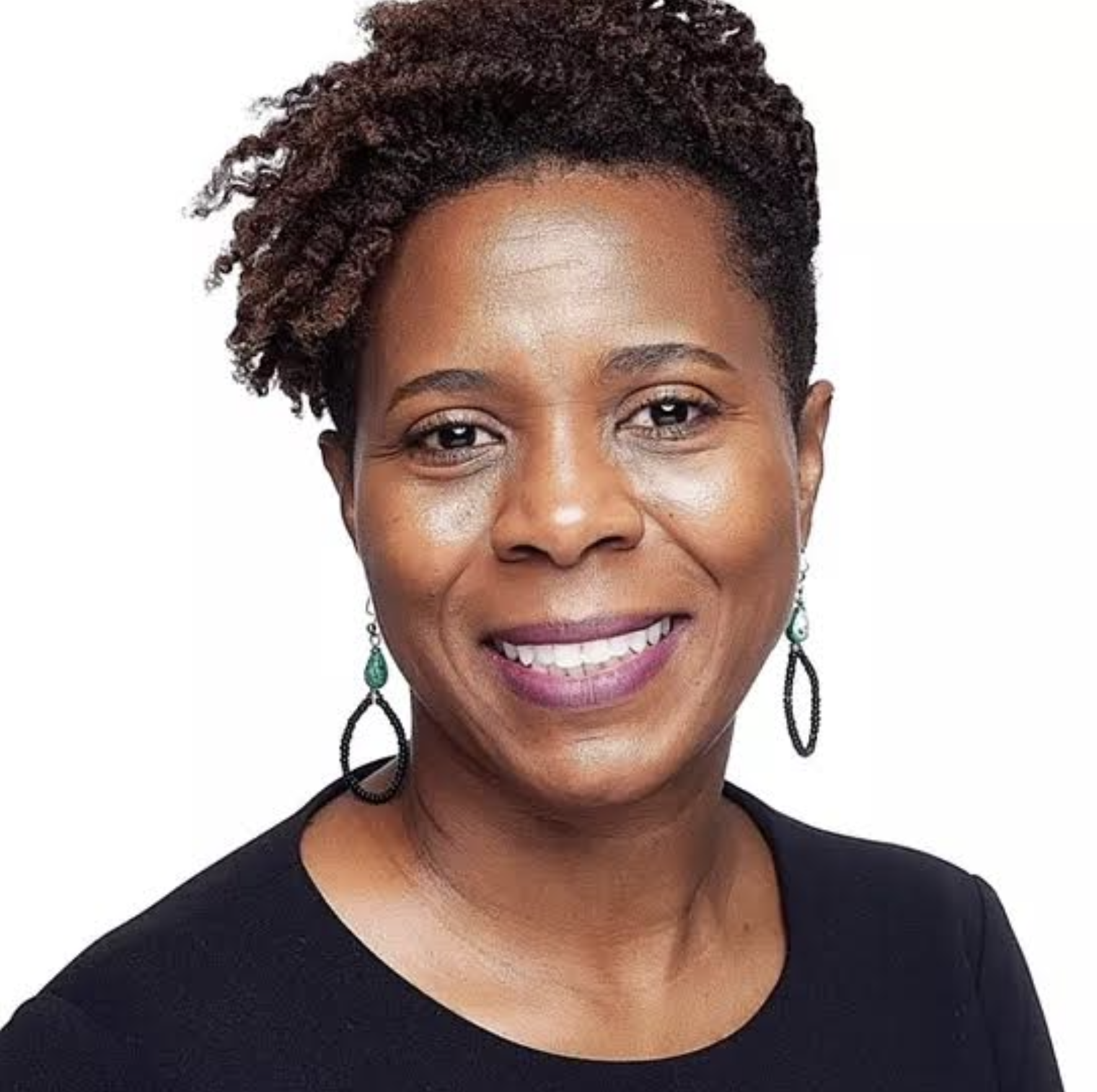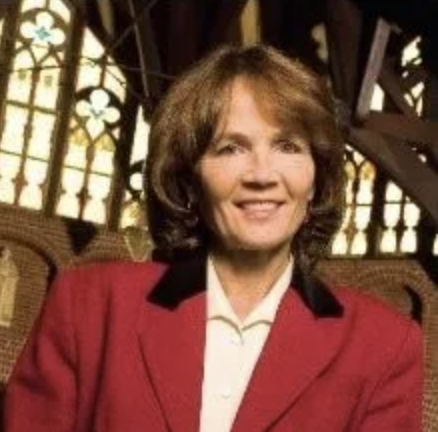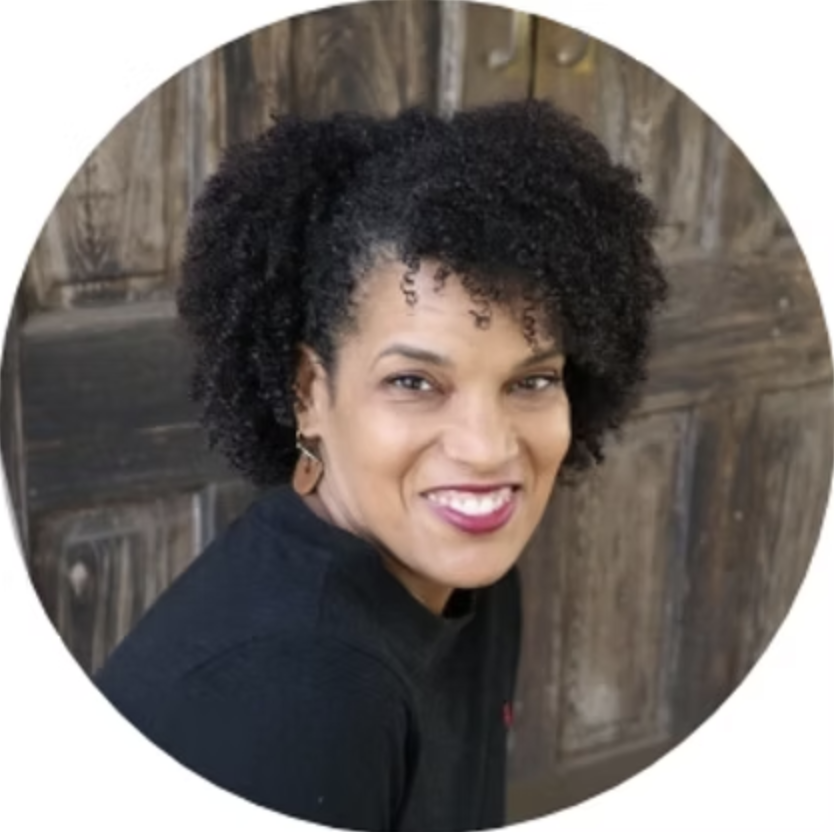Join Rethink35 for a panel Q&A on highways and the displacement of Black people in Austin
Start: Saturday, May 17, 2025•12:00 PM
End: Saturday, May 17, 2025•02:00 PM
Host contact info Contact Sasha for questions or concerns 281-222-0605

You're Invited!
Join us for a powerful and thought-provoking evening of community connection and conversation as we explore the impact of highway development on the displacement of Black communities in Austin.
Led by Rethink35 Board Member Folasade Fashina, this dynamic panel discussion will feature insightful perspectives from local voices, including Rosalind Alexander-Kasparik from THE ALEXANDER FARM, and other community leaders. Folasade will guide the conversation with key questions, and attendees will have the opportunity to join in during a live Q&A session.
Stick around afterward for free food, drinks, and open dialogue—a chance to connect, reflect, and build together.
This is the first event in a series of panels and discussion on the impact of highways and displacement and what we can do about it.
Panel Moderator

Folasade Fashina currently works with Street Forum and Queertopia, two mutual aid groups focused on unhoused communities in Austin. Folasade’s lived experience was her primary motivation to join Rethink35, as she was raised on the East side of Austin and has been directly impacted by the negative effects of highway expansion her entire life. She also wanted to ensure that there was a representation for minoritized people from Austin in leadership of the organization. As a part of the community outreach group, she focuses on organizing outreach in communities that have been in the city for generations and looks forward to continuing to ensure that our voices remain heard.
Panelists

Nefertitti Jackmon is a Cultural Strategist currently serving as Austin’s first Community Displacement Prevention Officer. Jackmon has been instrumental developing and leading programming and outreach, including the $300 million anti-displacement investments and strategies for Project Connect, described as a “comprehensive transit system expansion that will help transform Austin into one of the most sustainable, inclusive and innovative regions in the country.”
 Rosalind “Roz” Alexander-Kasparik is a sixth-generation descendant of renowned Thoroughbred and Quarter horse breeder/trainer Daniel Alexander (1810-1883) and his mother Ceny. Roz was born and raised on THE ALEXANDER FARM with an equal number of brothers and sisters, parents and grandparents. The farm is her forever home. Her family nickname is “Rosie,” after her mother’s middle name and life-long love of red roses. She is a National Merit scholar who was mentored as a teen by early Austin historian Ada Deblanc Simond with whom she researched Black Austin’s founding families and helped mount the early Carver Library and Museum exhibit, Sixth Street: The Image of the Black Entrepreneur.
Rosalind “Roz” Alexander-Kasparik is a sixth-generation descendant of renowned Thoroughbred and Quarter horse breeder/trainer Daniel Alexander (1810-1883) and his mother Ceny. Roz was born and raised on THE ALEXANDER FARM with an equal number of brothers and sisters, parents and grandparents. The farm is her forever home. Her family nickname is “Rosie,” after her mother’s middle name and life-long love of red roses. She is a National Merit scholar who was mentored as a teen by early Austin historian Ada Deblanc Simond with whom she researched Black Austin’s founding families and helped mount the early Carver Library and Museum exhibit, Sixth Street: The Image of the Black Entrepreneur.
Roz earned her bachelors degree at UT Austin and her MA at Howard University in Washington, DC. She has made her living as an educator, researcher, journalist, designer, and cultural creative. She has witnessed and advocated for voting rights, clean air and water, cultural landscape preservation, and health justice nationwide. She is the widow of two loving, peerlessly beautiful souls—the first of whom was a railroad transportation planner in central Texas and southern California.
Public roadways have been built on historic Alexander land via eminent domain. Private developers have in turn followed the TXDOT Highway 183 expansion crosshairs with encroachment, pollution, and flooding of THE ALEXANDER FARM and Alexander Cemetery. Roz works daily, demanding respect for her family’s ancestral legacy and holding to account any and all who would diminish, encroach upon, or take from THE ALEXANDER FARM’s 178-year family heritage.

Betsy Merritt is deputy general counsel at the National Trust for Historic Preservation, where she has been responsible for the National Trust's legal advocacy program for the past 41 years.
Although Merritt is known for her litigation work, having represented the National Trust in nearly 200 cases in state and federal courts, including two dozen transportation cases, she has a stronger interest in using negotiation and administrative advocacy to persuade government agencies to make more preservation-sensitive decisions, especially through consultation under Section 106 of the National Historic Preservation Act.
In addition to her litigation and advocacy experience, Betsy has lectured widely on preservation law, and she has testified before Congress on several occasions regarding transportation policy and other issues relating to historic preservation. She has also been directly influential in shaping legislation and regulations implementing Section 4(f) of the Department of Transportation Act and Section 106 of the National Historic Preservation Act.
Betsy is a native of Seattle, Washington. She graduated from Harvard Law School in 1980, and from Mills College in Oakland, California in 1976.

Dr. Joy Banner is Co-Founder and Co-Director of The Descendants Project, a nonprofit foundation committed to the liberation of the Black descendant community through the dismantling of inequitable and discriminatory economic, environmental, and social systems inherent in the violent legacies of slavery. After earning a Ph.D. from Louisiana State University, she taught business communications, marketing, and entrepreneurship at the university level where she advanced to Chair of the Management program. Joy is a proud member of the local descendant community with rooted ancestry that can be traced to the 18th century. The folklore, narratives, and resourcefulness of her community elders and ancestors are the inspiration for the collective and collaborative philosophy of The Descendants Project, in service of the community’s health, wellness, and most importantly, happiness. As part of this work, Dr. Banner is on the front lines of the struggle against environmental racism in the form of petrochemical plants along Louisiana’s River Road, otherwise known as “Cancer Alley.” Dr. Banner is the former Director of Communications and descendant of people enslaved at Whitney Plantation, the only plantation museum in Louisiana that centers the lives of the enslaved. In her spare time, she enjoys writing screenplays, biking on the levee, and taking care of her fur baby, Louie.
